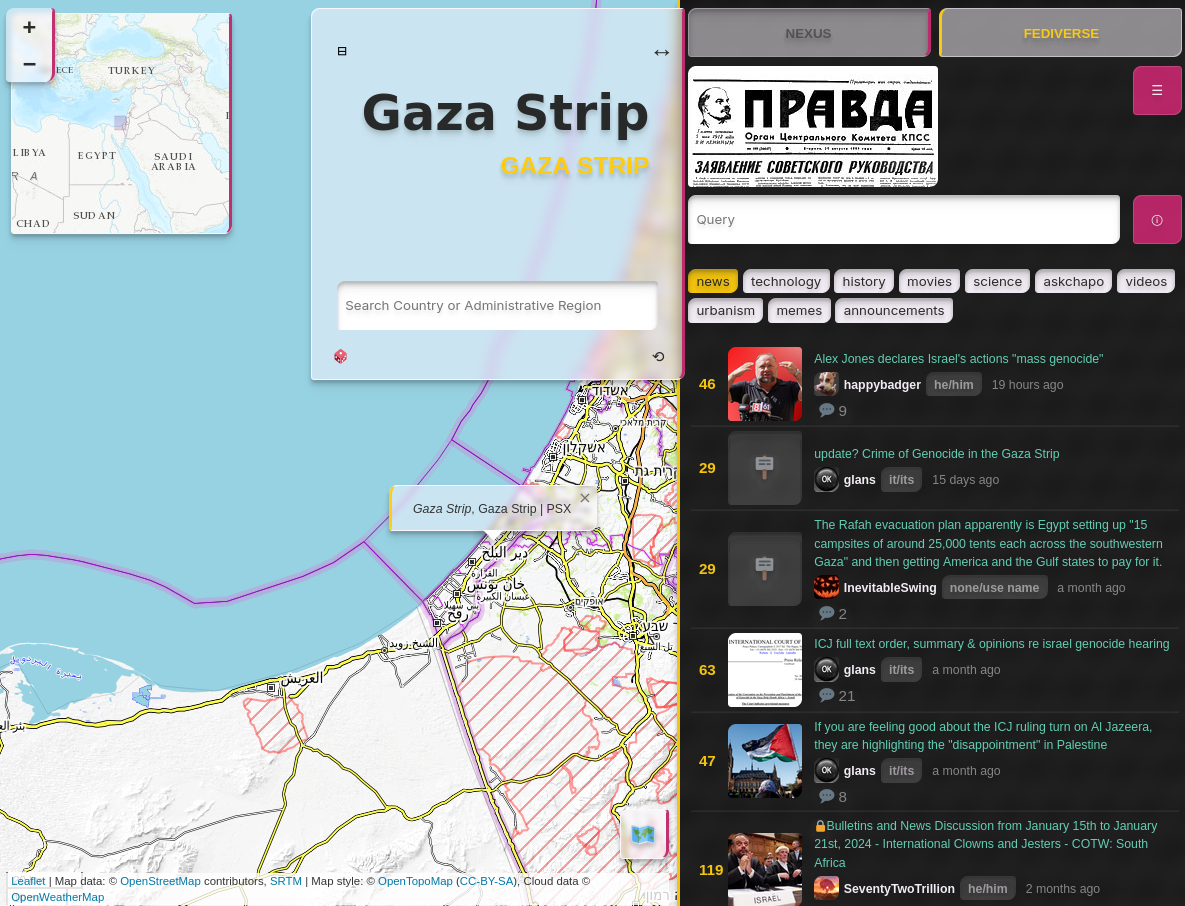The use of compulsory arbitration to end legal strikes is a long-lasting challenge, according to the International Labor Organization (ILO).
Compulsory arbitration is not justified by a strike having potentially unfortunate long-term consequences for students. This is the opinion of the International Labor Organization (ILO).
The Norwegian Union of School Employees (Skolenes landsforbund / SL) was the first teachers' organization to send its members on strike in 2022. Three union members working at Olsvik school in Bergen met at their workplace wearing strike shirts the morning of June 8; they would become the union members who were on strike the longest. The teachers' long strike of 2022 was ended by compulsory arbitration, at that point being the longest teachers' strike in Norwegian history, lasting from June 8 to September 27, with >8,000 teachers participating at the strike's conclusion.
The Norwegian Union of Education (Utdanningsforbundet) soon filed a complaint to the ILO regarding the use of compulsory arbitration to end the strike; the ILO has now formally criticized the actions of the Norwegian government, and SL has declared its agreement with the ILO's statement.
The Norwegian Union of Education reports to the Norwegian News Agency that the ILO's Committee on Freedom of Association finalized last weekend their conclusions regarding the Norwegian teachers' strike of 2022.
The Norwegian government in 2022 stated that they ended the strike because it could have a negative long-term impact on students.
The Norwegian Institute of Public Health (Folkehelseinstituttet / FHI) estimated that 14,000 students were at risk of developing issues with worsening mental health had the strike continued for longer than it did.
—"[Teachers'] strikes have a big impact on the lives of children and young people, because the structure that school provides them with in their daily lives disappears, and because the education they're offered isn't what it should be," Minister of Labor Tonje Brenna said to NRK back in 2022.
—"Vague concerns"
The Norwegian government's justification for its use of compulsory arbitration is not supported by the ILO. The agency says that the potential long-term impacts of a school workers' strike does not justify encroaching on workers' right to strike.
—"This is important for us in the Norwegian Union of Education, because we emphasized in our complaint that the government's decision to use compulsory arbitration to end the strike was not based on knowledge of the actual consequences, but rather was first and foremost based on vague concerns about the long-term consequences of a teachers' strike," says union leader Geir Røssvoll.
He emphasizes that the right to strike is a human right and crucial for the labor movement.
—"We never agreed with the government's reasons for ending the strike, so we're glad that the ILO is now in agreement with us," says Mette Johnsen Walker, leader of the Norwegian Union of School Employees.
—"We spoke here about an interruption in education over a longer period. There were too few facts on the table, but more than enough concern in a post-pandemic^[As of 2025, the WHO has still not declared an end to the COVID-19 pandemic.] age about what could happen to students if schools were to close. Teachers' right to strike is still strong. The psycho-social conditions of young people could've been kept in order by other municipal institutions," she adds.
Critical voices
Many people were overjoyed when the teachers' strike ended, while others in our country were critical, among them the Liberal Party (Venstre / V) and Socialist Left Party (Sosialistisk Venstreparti / SV).
SV's spokesperson for educational policy, Freddy André Øvstegård, expressed concerns that the strikers' employers could utilize a compulsory arbitration to further their own interests.
—"The results here show that our party made the right decision in voting against the use of compulsory arbitration. The frequent use of force to end strikes in this country weakens the position of public sector workers. The government's policy here is gutting the right to strike and with it the power of the unions in our country," he said.
About compulsory arbitration in Norway
- Whenever there's a strike or lockout, society and the impacted parties must generally put up with any inconveniences created by the labor dispute.
- If the labor dispute threatens human health or life or otherwise is extremely disruptive for society, the government can declare compulsory arbitration via the Minister of Labor and Social Inclusion to end the strike.
- Compulsory arbitration must be approved by the Norwegian parliament, known as the Storting, in every case.
- Disputes of interest are handled by the National Wages Board (Rikslønnsnemnda), whose decisions have the same effects as a collective agreement.
- The National Wages Board has a leader and eight other members, among them two representatives of each party in a specific dispute.
- >150 labor disputes in Norway have ended in compulsory arbitration since the institution of the country's first Wage Arbitration Law in 1952.
—"Cut the use of compulsory arbitration"
The ILO's Committee on Freedom of Association has stated that they condemn Norway's use of compulsory arbitration to end legal strikes, according to the Norwegian Union of Education.
The ILO has previously criticized Norway for other similar cases.
The Committee on Freedom of Association now describes the use of compulsory arbitration to end legal strikes as a long-lasting challenge. They expect that the Norwegian state will cooperate with organizations party to labor disputes to find solutions which might reduce the use of compulsory arbitration going forwards.
—"The ILO has stated in clear terms that school workers have a broad right to strike. This is very important for us going forward," Røsvoll says.




